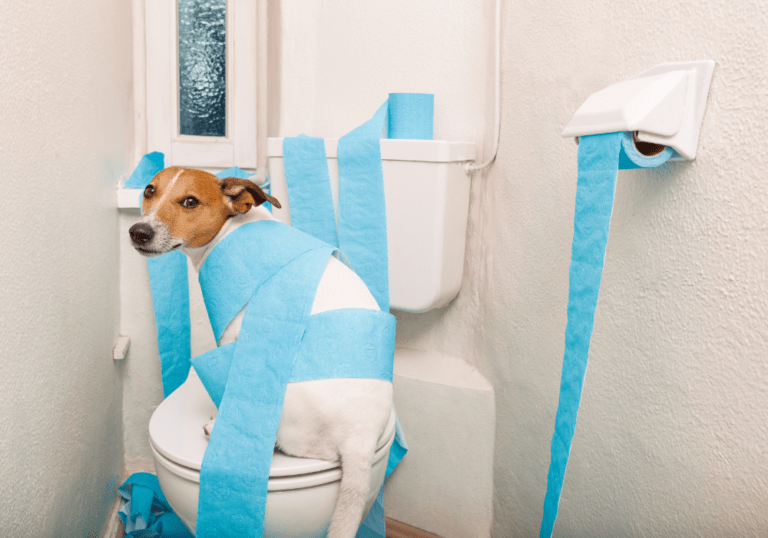How to Pet-Proof Your Home: Essential Tips for a Safe Environment

As a pet owner, ensuring the safety and well-being of your furry, feathered, or scaly friends is a top priority. The very comforts that make your home cozy could pose serious risks to your pets. From curious cats to teething puppies, hazards lurk in every corner. However, with a bit of foresight and precaution, you can significantly reduce the risk of injury or illness in your beloved companions. Here are some essential tips for pet-proofing your home.
1. Cover Electrical Cords
Electrical cords can be a tempting chew toy for pets, especially for puppies and rabbits. To prevent potential life-threatening shocks, place cords inside chew-proof covers or protectors. If you’re feeling crafty, you can create homemade cord protectors by splitting a length of hose or PVC pipe and sliding the cords inside. Pet supply stores also offer a variety of ready-made cord protectors in different sizes and colors.
2. Put Breakable or Easily Damaged Items Out of Reach
Cherished items like vases or collectibles can easily become casualties of playful pets. To avoid mishaps, find secure storage for these items. Not only will this prevent damage, but it will also protect your pet from sharp glass fragments or harmful substances that might spill from broken items.
3. Eliminate Temptation
To create a safer environment, consider the following steps:
- Install Safety Latches: Use safety latches on bathroom and kitchen cabinets to keep pets out of potentially dangerous areas.
- Use Baby Gates: Keep your pets confined to certain areas of your home.
- Secure Trash Cans: Ensure the lids on your kitchen and bathroom trash cans close securely.
- Close Toilet Lids: Always keep toilet lids closed to prevent pets from drinking harmful cleaning products.
- Store Cleaning Supplies Safely: Keep all cleaning products, laundry detergents, and medications on high shelves or in locked cabinets.
- Promptly Close Washer and Dryer Lids: This prevents your pet from exploring dangerous spaces.
- Encourage Children to Clean Up: Teach children to put away toys after use, especially if your pet has a tendency to chew.
- Maintain a Tidy Kitchen: Keep counters clean to prevent pets from choking on harmful items like ties or packaging materials.
Viewing your home from your pet’s perspective can help identify potential hazards you might otherwise overlook.
4. Buy Safe Plants
While plants may beautify your home, some can be toxic to pets. Ensure that any plants you bring into your home are safe for your pets. The ASPCA Animal Poison Control website is an excellent resource for checking the safety of specific plants. If you suspect your pet has ingested something harmful.
5. Keep Dangerous Foods Out of Reach
Stomach ailments are among the top reasons pets visit the veterinarian. Many pets get into harmful foods that can cause serious health issues. The Humane Society of the United States advises keeping the following foods out of your pets’ reach:
- Chocolate
- Onions (including onion powder and onion flakes)
- Garlic
- Raisins
- Grapes
- Potato and tomato stems and leaves
- Coffee grounds and beans
- Alcohol
- Yeast dough
- Foods sweetened with xylitol
- Macadamia nuts
- Walnuts
- Apple seeds
- Apricot, cherry, and peach pits
- Avocado
6. Make Your Home Safe for Your Bird
Birds are particularly vulnerable to toxic fumes and injuries. If you have birds, follow these precautions:
- Avoid Teflon Cookware: Cooking with Teflon-coated pans can release harmful fumes.
- Repair Screens Promptly: Fix any holes in screens to prevent escapes.
- Avoid Ceiling Fans: Don’t operate ceiling fans or other moving equipment when your bird is out of its cage.
- Skip Candles: Many candles contain toxic ingredients that could harm your bird.
- Remove Your Bird Before Using Fumes: Always remove your bird before painting or using strong cleaners.
Conclusion
Even with diligent pet-proofing, accidents can still happen. If your pet is injured or has ingested something potentially toxic, consult our doctors at Willow Glen Pet Hospital immediately.
If you need more help or have any questions, call us at Willow Glen Pet Hospital, willowglenpethospital.com, (669) 342-7472, 1033 Willow Street, San Jose, CA, 95125, US. Hours: Monday – Saturday 8:00 am – 6:00 pm. Dr. Gillon or Dr. Shani are here to help you, or visit us online.
